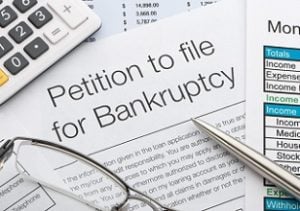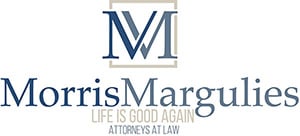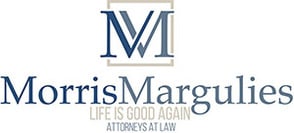
If your wages are currently being garnished as a result of a judgment against you, or you believe that your wages may be garnished in the near future as a result of a pending lawsuit, you need to take action immediately. Laura Margulies & Associates, LLC has successfully stopped thousands of garnishments against our clients in Maryland by filing for Chapter 7 and Chapter 13 Bankruptcy cases for them.
Wage garnishment is governed by Md. Commercial Law Code Ann. §§ 15-601 to 607 and Md. Rule 3-646. What is a garnishment? When a creditor has a judgment against you, it has the right to try and collect the money owed by you according to the amount awarded by the court. The creditor can collect the money due by filing a Writ of Garnishment of Wages against you with the court. Once the court enters an order granting the Writ, the creditor will serve the Writ on your employer and you may see up to a 25% reduction of your wages as that is the amount Maryland law allows. The garnishment will continue each pay check until such time the judgment is paid in full. Under § 15-601.1, your disposable wages are defined as “the part of wages that remain after deduction of any amount required to be withheld by law.” Under § 15-602, the garnishment operates as a continuing lien against your wages until such time your judgment debt is paid in full. Under Rule 3-646, creditors and garnishees (your employer) must comply with specific rules regarding the garnishment of your wages. For example, your employer must file an answer to the Request for Garnishment within 30 days of being served, which must specify your rate of pay. Your employer must remit the garnished funds to the creditor’s attorney within 15 days after the close of your last pay period in each month.
As should be clear, wage garnishment is serious business and can have a devastating financial impact. However, garnishment can be stopped immediately by the filing of a Chapter 7 or Chapter 13 bankruptcy case. The moment your bankruptcy case is filed, you are protected from all collection efforts from your creditors by the “automatic stay” under 11 U.S.C. § 362. If you were not able to file for bankruptcy before the garnishment starts, you can still stop future garnishment by filing for bankruptcy even after it started. In addition, you may be able to recover the funds garnished from your paycheck if the total amount of your wages that were garnished exceeds $600 in the aggregate within the 90 days before you filed and you have the necessary exemptions available.
If you are facing garnishment, or your paycheck is currently being garnished, please contact Laura Margulies & Associates., LLC for a consultation. Bankruptcy could give you just the fresh start you need to get your finances back on track.

